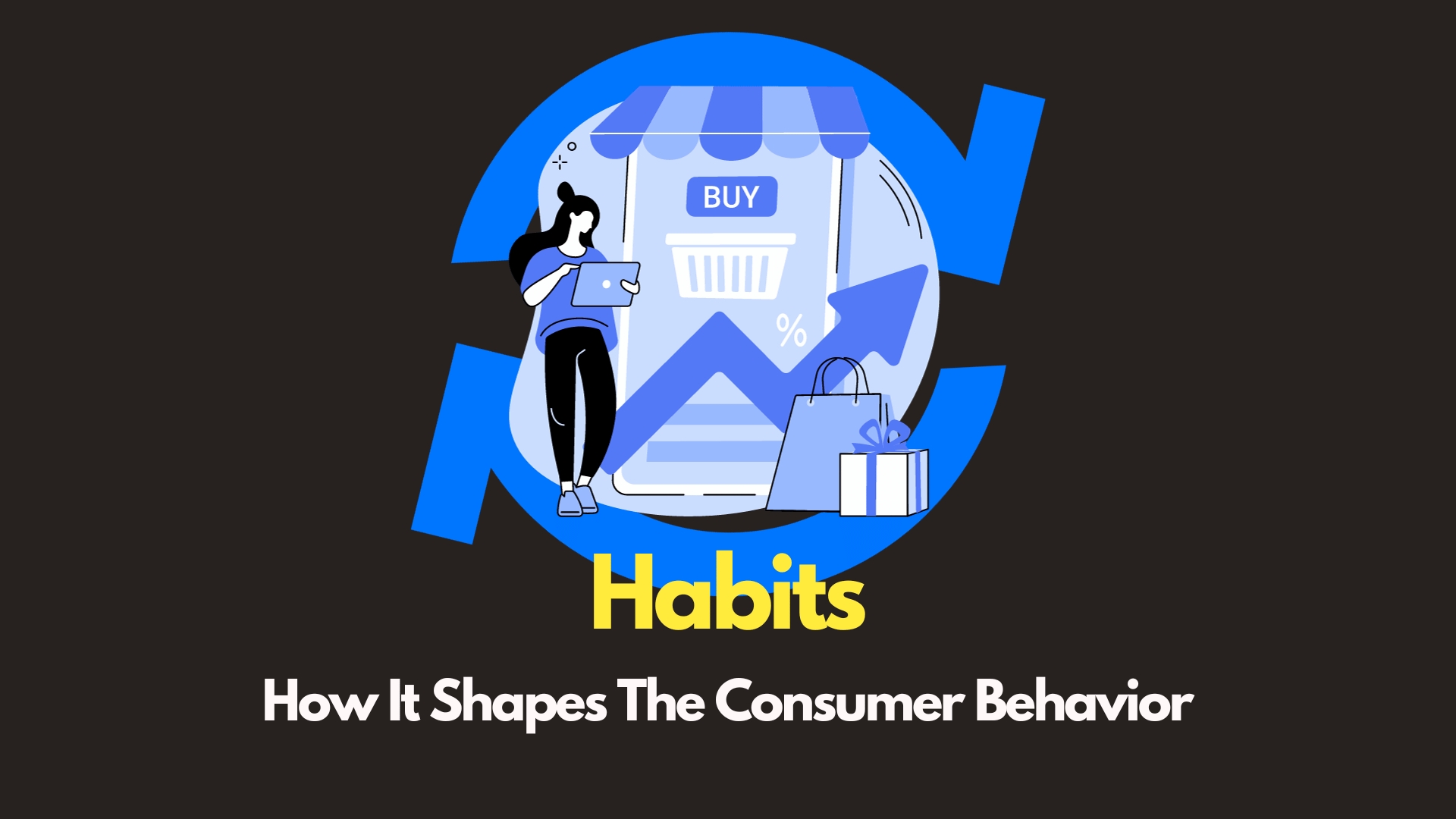Published
- 3 min read
The Role of Habit in Consumer Purchasing

Key Takeaways:
- Habitual purchasing plays a significant role in consumer behavior and brand loyalty.
- Store closures and other disruptions can lead to changes in habitual purchasing patterns.
- Understanding the psychological triggers and factors that influence habitual behavior can help businesses shape consumer habits.
- Marketing strategies can be crafted to reinforce positive purchasing habits and introduce new ones.
Introduction
Habitual purchasing is a fascinating aspect of consumer behavior that often goes unnoticed. It’s the silent driver behind many of our daily decisions, from the brand of coffee we buy to the websites we frequent for our online shopping. This article delves into the mechanisms of habitual purchasing and offers insights into how businesses can influence these behaviors to foster brand loyalty and increase sales.
The Psychology Behind Habitual Purchasing
Habits are automated responses to familiar contexts or cues, which can be incredibly powerful in shaping purchasing behavior. When a consumer repeatedly buys a particular brand or shops at a certain store, a habit is formed, reducing the cognitive load required for the decision-making process. This means that habitual purchases are often made with little conscious thought, making them a significant target for marketers.
Disruption of Habits
An interesting phenomenon occurs when there’s a disruption in the consumer’s environment, such as a store closure. Such events can temporarily break the cycle of habitual purchasing, leading consumers to explore other brands or stores. This deviation can sometimes result in the formation of new purchasing habits, as consumers may find alternative products that they prefer over their previous choices.
Influencing Habit Formation
Businesses can influence habit formation through various strategies. For instance, creating a consistent and positive shopping experience can reinforce the habit of purchasing from a particular brand. Additionally, leveraging psychological triggers in advertising can create associations that prompt habitual buying. Understanding the psychology of discounts and how they can be used to encourage repeat purchases is another tactic that can be employed.
Crafting Marketing Strategies
To influence habitual purchasing, businesses must craft marketing strategies that consider the psychological and social factors at play. This includes understanding the impact of cultural factors on consumer behavior and how emerging technologies impact e-commerce. By combining these insights with practical methods for shaping consumer habits, companies can develop a balanced marketing strategy that resonates with their target audience.
Conclusion
Understanding habitual purchasing is key for any business looking to maintain a loyal customer base and drive sales. By recognizing the patterns that lead to these behaviors and the factors that can disrupt or reinforce them, companies can strategically influence consumer habits. Incorporating these insights into marketing strategies will not only help in retaining customers but also in attracting new ones who may develop their own habitual purchasing patterns with the brand.